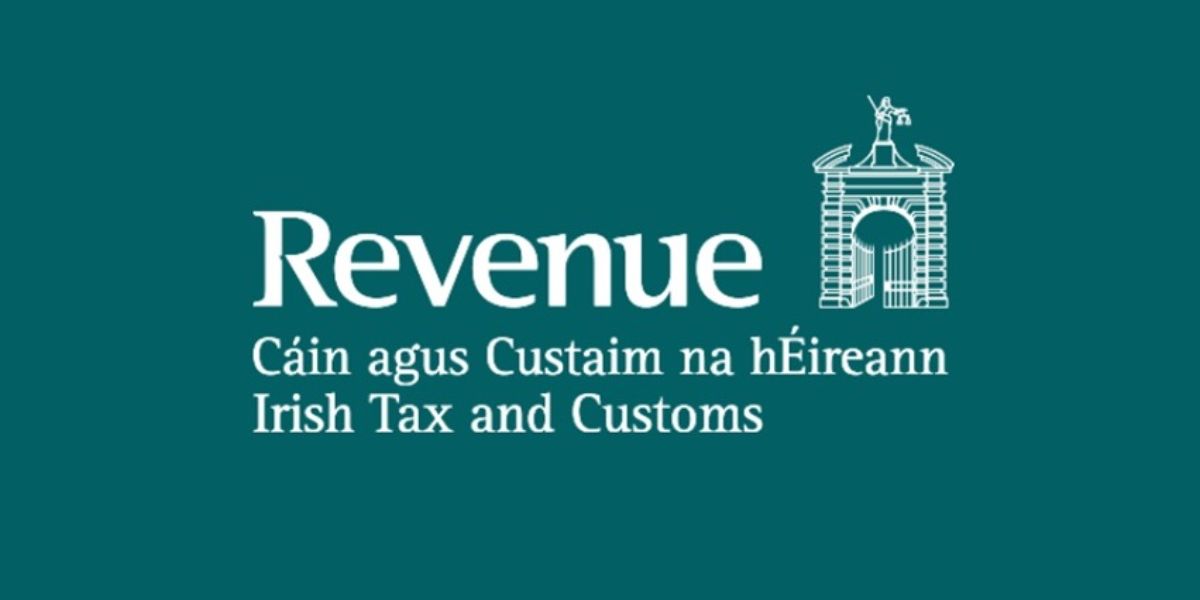Irish Revenue has published eBrief No. 277/24 on 12 November 2024, which includes an update to the Tax and Duty Manual Part 01-00-05, providing clarification on the interpretation of “control” in certain contexts. The purpose of this manual is to outline the importance of context and wording when interpreting the words “control” and “interest” as they relate to companies.
The interpretation of “control of” or “interest in” a company depends on the specific wording in the legislative section and/or on the context in which these terms appear.
The update provides further details on the definition of control as outlined in sections 11 and 432 of the Taxes Consolidation Act (TCA) 1997, along with examples of various TCA provisions that incorporate the definitions of ‘control’ from these sections.
Under section 11, a person controls a company if the person has the power to secure that the affairs of the company are conducted in accordance with the wishes of that person:
- by means of the holding of shares or the possession of voting power in, or in relation to, that company or any other company, or
- by virtue of any powers conferred by the constitution, articles of association or other document regulating that company or any other company.
In the case of a partnership, control means the right to a share of more than 50% of the partnership’s assets or of more than 50 per cent of the partnership’s income.
The definition of control in section 11 applies for the purposes of, and subject to, the provisions of the Corporation Tax Acts which specifically apply this section.
Examples of provisions which apply the definition of control in section 11 include the following:
- Section 89(1) – Valuation of trading stock at discontinuance of trade.
- Section 130(5) – Matters to be treated as distributions.
- Chapter 9 of Part 6 TCA, relating to the acquisition by a company of its own shares (see section 173 – Interpretation).
- Section 500(5)(d) – Qualifying investors (for the purposes of the Employment Investment Incentive (EII)).
Under section 432, a person controls a company if the person exercises control, is able to exercise control, or is entitled to acquire control, either directly or indirectly, over the company’s affairs. Without prejudice to the generality of this provision, a person is regarded as having control of a company if the person has or is entitled to acquire:
- the greater part of the share capital or issued share capital or voting power,
- such part of the issued share capital as would entitle the person on a total distribution of income to receive the greater part (i.e. more than 50 per cent) of such distribution, or
- such rights as would entitle the person on a winding up or otherwise to the greater part (i.e. more than 50 per cent) of the distributable assets.
Where two or more persons together satisfy the above criteria they shall also be taken to have control of the company section 432(3)].
Subsections (4) to (6) provide supplementary rules for determining if control exists.
The definition of control in section 432 applies for the purposes of, and subject to, the provisions which specifically apply this section.
Examples of provisions which apply the definition of control in section 432 include the following:
- the Capital Gains Tax Acts (see section 5 Interpretation of Capital Gains Tax Acts).
- Section 10 – Connected persons.
- Section 172D – Exemption from dividend withholding tax for certain non-resident persons.
- Section 247 – Relief to companies on loans applied in acquiring interest in other companies.
- Part 13 Close Companies.















